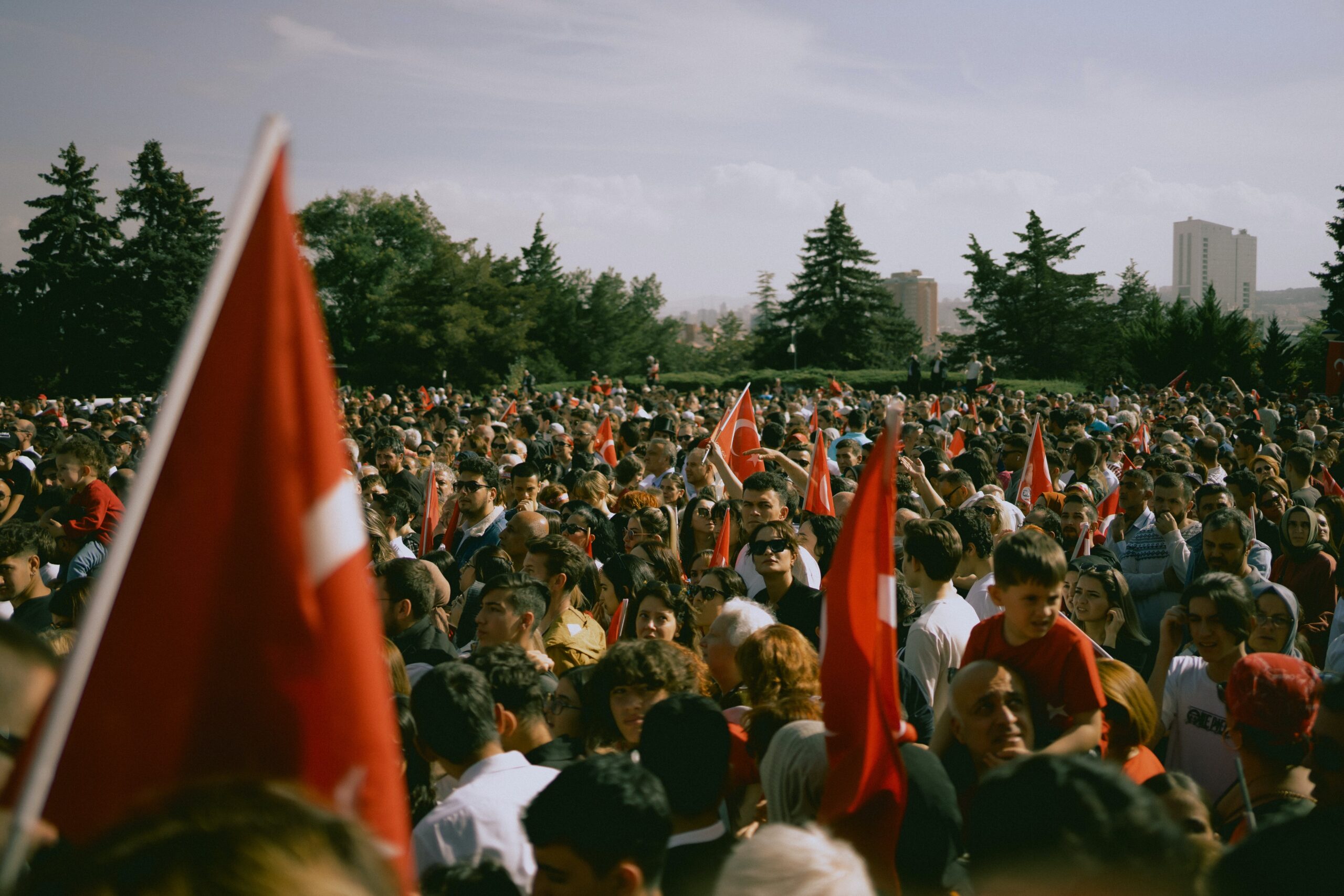Introduction
Politics Definition, a term profoundly embedded in society’s fabric, dictates our collective existence. This essay looks into the complexities of politics, unravelling its complexities and investigating its enormous impact on individuals and communities.
What is Politics?
Politics is the art and science of governance that encompasses the activities, behaviours, and institutions that societies use to make collective decisions. It defines the mechanisms that shape our social order at its heart.
The Historical Evolution
Tracing the origins of politics takes you on a fascinating journey through history, from ancient civilizations to the current period. Understanding this evolution allows us to get insight into the complicated dynamics of today’s political systems.
Politics in Different Cultures
Diverse cultures bring unique perspectives to politics. Examining how various societies conceptualize and practice politics sheds light on the rich tapestry of global governance.
Key Components of Politics
Politics is built on institutions and power relations. Investigating these elements reveals how authority is structured and wielded in a society.
The Role of Citizens
Citizens’ empowerment is critical in any democratic structure. Examining mass participation and impact highlights the democratic values that underpin many modern societies.
Impact of Politics on Society
Politics influences social structures, conventions, and values in communities. Untangling this impact allows for a better understanding of the interconnection of political and social spheres.
Political Ideologies
Political philosophies guide government ideas ranging from liberalism to conservatism. Investigating these ideologies provides insight into the many mindsets that drive political movements.
Political Systems
Democracy, monarchy, authoritarianism—the world’s political systems demonstrate the various methods to government. Understanding these structures allows us to appreciate political diversity more fully.
International Politics
International relations are critical in a globalised environment. Examining national dynamics provides a window into the intricacies of global politics.
Politics and Economics
The delicate dance of politics and economics influences nations’ prosperity and well-being. Analysing this interaction reveals the two realms’ symbiotic character.
Contemporary Political Issues
Addressing modern concerns, such as climate change and technology breakthroughs, demonstrates how politics adapts to society’s changing requirements.
Famous Political Figures
Leaders who shaped history left their imprint on the political environment. Investigating their contributions provides vital insights for modern governance.
Politics and Media
In an information era, the media plays an important role in shaping political narratives. Understanding this connection is crucial for overcoming the obstacles of modern communication.
The Language of Politics
Understanding the jargon and terminology used in political debates is required for decoding political discourse. Examining political jargon improves political literacy.
Political Activism
Politics Definition activity is driven by individuals who advocate for change. Investigating the influence of activism emphasises the role that citizens have in influencing political environments.
Politics in Education
Education is the foundation for generating knowledgeable and involved people. The combination of politics and education reveals how cultures shape future leaders.
Politics Definition
Politics, in essence, is the complex network of activities that regulate human civilizations, determining how decisions are made, power is dispersed, and groups develop.
FAQs
What is the primary goal of politics?
Politics is the framework within which societies organise, make choices, and allocate resources with the goal of achieving collective well-being.
How does politics affect people’s lives?
Politics creates laws, policies, and societal norms, which have a direct impact on people’s daily lives, from access to resources to the preservation of rights.
Can politics exist in the absence of power struggles?
Politics is rife with power struggles caused by competing interests and ideas. Managing these conflicts is critical for effective governance.
What is the role of citizens in politics?
Citizens are the backbone of political institutions, contributing to responsible and representative governance through voting, advocacy, and civic participation.
What impact does foreign politics have on local communities?
Global events and diplomatic relations can have far-reaching consequences for small communities.


 Fashion7 years ago
Fashion7 years ago
 Entertainment7 years ago
Entertainment7 years ago
 Tech9 months ago
Tech9 months ago
 Business9 months ago
Business9 months ago




